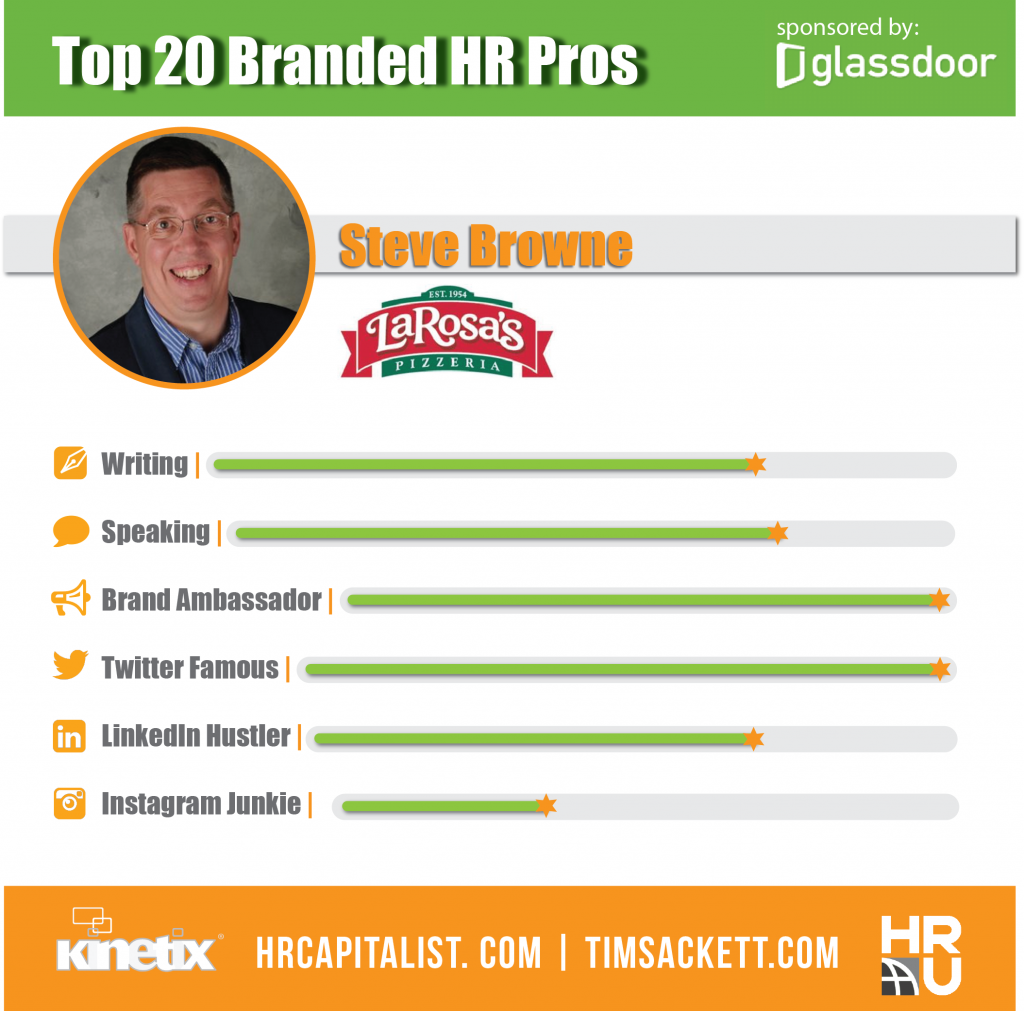It seems like daily we are bombarded by stories coming out in the media of professional athletes who are caught taking performance enhancing drugs. They risk their entire career by taking these drugs and getting caught. This week and next NFL teams will cut down their rosters, and many players will lose the one job they’ve worked their entire life for.
I’ve often wondered if I was in that position, being a professional athlete making millions, would I take PEDs to sustain or grow my career? I can’t initially say I wouldn’t. I’m always thankful for not having been put in that situation. I’m extremely competitive; I’m not sure I would have the will power not to take PEDs if I thought I was failing.
Slate had a great piece a while back about a former professional football player, Nate Jackson of the Denver Broncos. Nate was a tight end and was cut from the roster after 6 years and turned to PEDs to get back:
“I sit down in my locker for the last time. It was always a bit out of sorts, full of clothes and shoes and tape and gloves, notebooks and letters and gifts. Do I even want these cleats? These gloves? These memories? Yes. I fill up my box. Six years as a Denver Bronco. Six more than most people can say. Still feels like a failure, though. So this is how the end feels? Standing in an empty locker room with a box in my hand? Yep. Now leave.”
That’s it, right? It’s the fear of losing all that you have. It doesn’t matter if you’re rich or poor, fear of losing what you have is a powerful adversary.
I’ve seen a grown man, with a wife and children, and a strong member of his church, sit in down in front of me and lie to my face, because of this fear. You don’t have to be a professional athlete.
I completely understand this fear, and why athletes do PEDs. So, I’ll ask you the question, if tomorrow you had a choice, lose your job or take a drug that will save your job, would you do it?
Hit me in the comments. I have a feeling many people will say they wouldn’t. I’ll let you know right now, based on my experiences, I’ll be skeptical.
Saying you wouldn’t tells me potentially two things about you:
- You don’t have fear of losing your job because you have another source income (I run into a lot of women who ‘become’ consultants and talk about how you have to ‘do what you love’, all the while having a husband who is paying the bills);
- You lack self-insight and/or haven’t ever experienced this fear of loss.
I guess, in a round about way, I answered my own question about what I might do facing the end. Fear sucks – remember that HR Pros.

